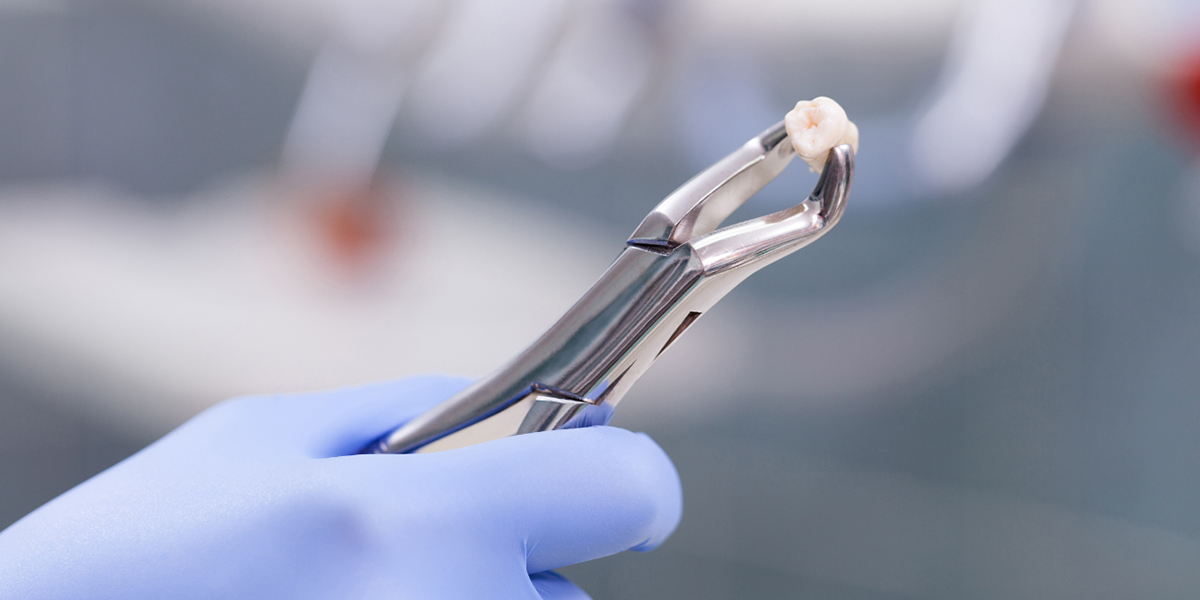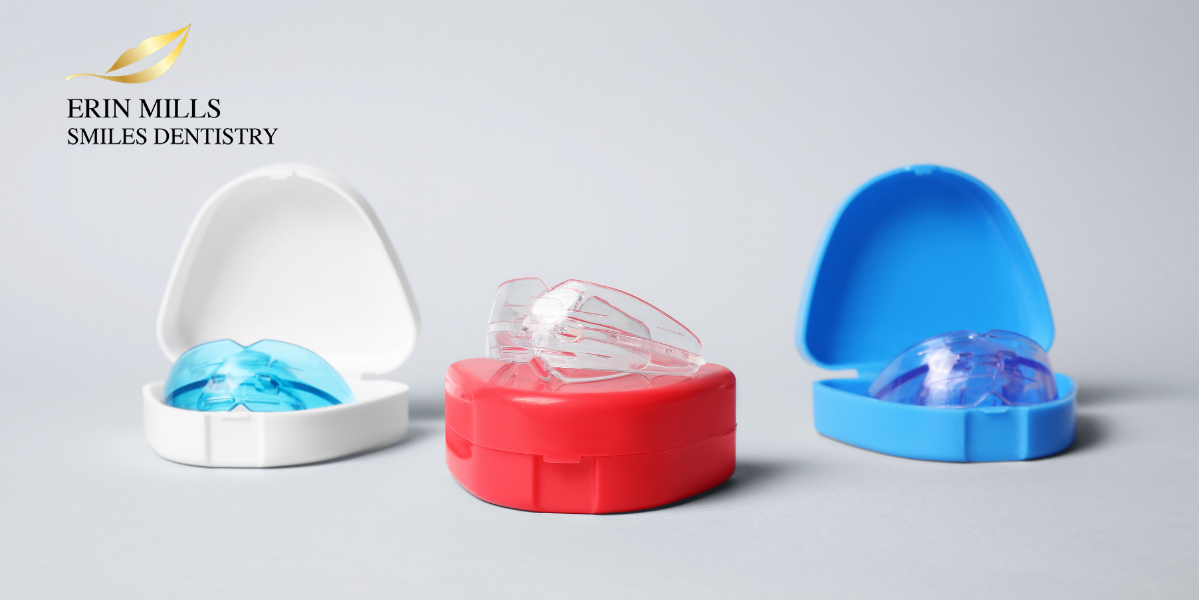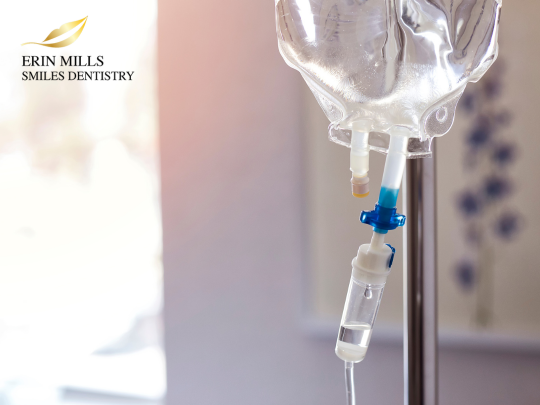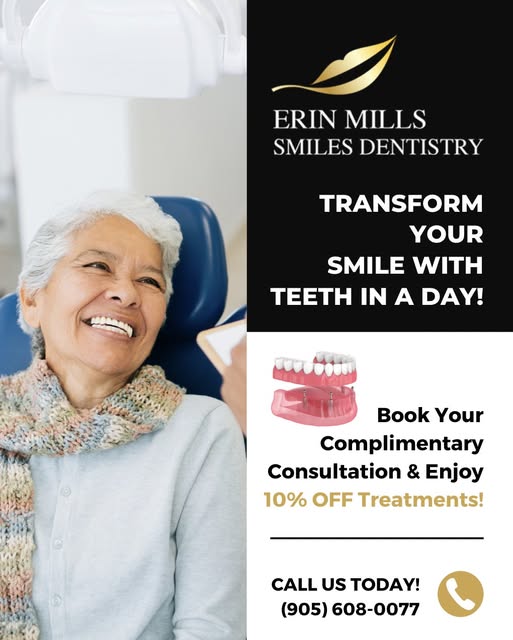

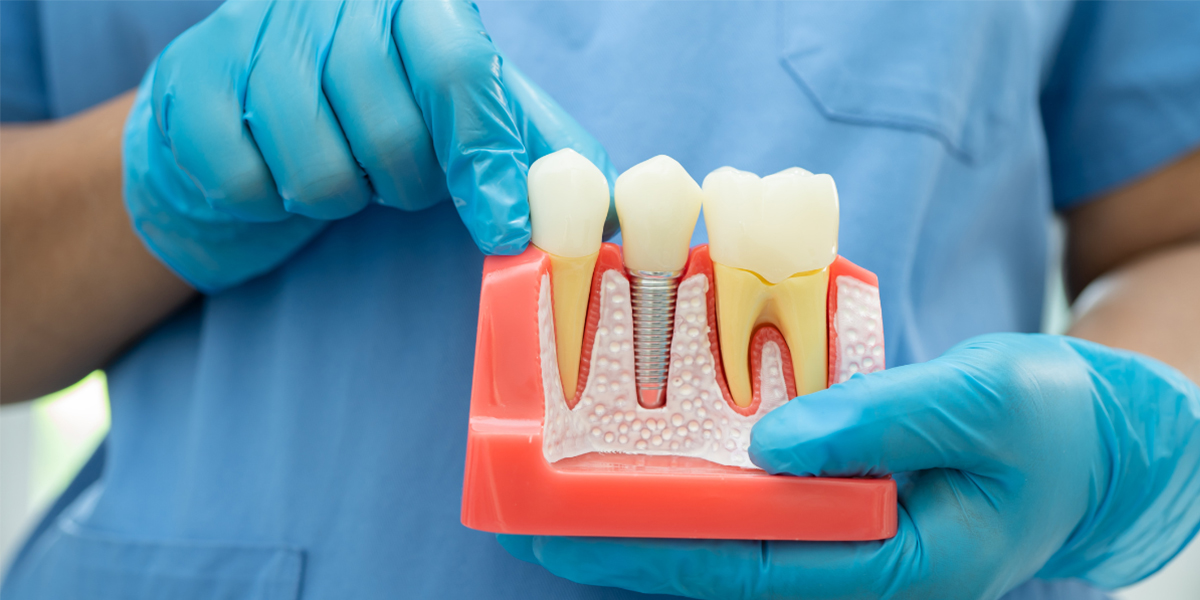
When you're considering implants, understanding the difference between single and multiple approaches is crucial. As a Canadian dentist in Mississauga, I help patients make these important decisions every day. Implants work wonderfully for both single tooth replacement and full smile restoration, but the strategy changes based on your specific needs.
Single Dental Implants: The Simple Solution
Single dental implants are the most straightforward option when you've lost one tooth. We place one titanium post where your natural tooth root used to be. Then, we attach a custom crown that looks and feels just like your original tooth.
What makes single implants so appealing is their simplicity. They don't affect your other healthy teeth at all. Unlike bridges that require grinding down neighboring teeth, implants stand alone. This makes them the gold standard for replacing individual teeth.
At Erin Mills Smiles Dentistry, we see excellent results with single implants. Most patients heal quickly and get back to their normal routine within just a few days.
Multiple Dental Implants: Strategic Planning for Better Results
When you need to replace several teeth, multiple implants require more careful planning. We need to think about spacing, available bone, and how the final teeth will look and work together. Multiple implants also give us different options for your final restoration.
Here's something interesting: strategically placed implants can actually reduce the total number you need. For example, just four implants can support an entire arch of teeth using the "All-on-4" technique. This makes multiple implants surprisingly cost-effective.
Understanding Dental Implants Costs
Let's talk about the financial side of dental implants. In Canada, single implants typically cost between $3,000–$5,000 per tooth. However, multiple implants often provide better value when you need several teeth replaced.
The economics work in your favor with implant-supported bridges. Instead of placing individual dental implants for each missing tooth, we can use fewer implants to support multiple crowns. This approach saves both time and money.
Insurance coverage for dental implants varies across Canada. We'll work with you to maximize your benefits and explore payment options for both single and multiple dental implants.
What to Expect: Dental Implants Timeline
Single dental implants follow a pretty predictable schedule. After we place your implant, it needs 3–6 months to fuse with your jawbone. Then we need another 2–3 weeks to make and place your crown. Most single dental implants are completed within 4–7 months.
Multiple implants might take a bit longer, especially if you need bone grafting first. The good news is we can often place several implants at the same appointment. This doesn't really extend your healing time. The restoration phase might take longer because we're creating more complex connected teeth.
Bone Health and Dental Implants Success
All dental implants need adequate bone support, but the requirements differ between single and multiple placements. Single implants need good bone in just one spot. Multiple implants need sufficient bone across larger areas of your jaw.
Sometimes we need to add bone before placing implants. Interestingly, multiple implants sometimes give us more flexibility in placement. We can work around areas of bone loss, which might reduce the need for extensive grafting.
Caring for Your Dental Implants
Taking care of single implants is very similar to caring for natural teeth. Regular brushing, flossing, and professional cleanings keep your implants healthy for decades. Since they're isolated, single implants are relatively easy to clean.
Multiple dental implants, especially those supporting connected teeth, need special cleaning techniques. You'll likely need tools like water flossers and special brushes. Professional cleanings might be more frequent with complex multiple implants.
Choosing the Right Dental Implants Approach
The choice between single and multiple implants depends on several things. Your current oral health, bone condition, and smile goals all matter. Your lifestyle and budget also play important roles in dental implants planning.
During your consultation at Erin Mills Smiles Dentistry, we'll evaluate all these factors carefully. Advanced imaging helps us assess your bone and plan precise implants placement. This thorough approach ensures great results whether you need single or multiple implants.
Success Rates for Dental Implants
Both single and multiple implants show excellent long-term success when properly planned. Single implants have success rates over 95% at 10 years. Multiple dental implants achieve similar success with experienced placement.
The secret to successful implants is proper planning, skilled surgery, and good maintenance. Whether you choose single or multiple implants, following our instructions and keeping excellent oral hygiene ensures the best outcomes.
Your Next Steps with Dental Implants
Deciding between single and multiple implants requires professional guidance tailored to your situation. At Erin Mills Smiles Dentistry, we provide thorough consultations to help you understand all your options.
Don't let missing teeth hold you back any longer. Contact our Mississauga office today to discuss whether single or multiple implants are right for you. We'll create a treatment plan that restores your smile, function, and confidence for years to come.

As a Canadian dentist practicing in Mississauga, I've witnessed countless transformations through IV sedation. Over the years, IV sedation has become my most powerful tool for helping patients overcome severe dental anxiety. The life-changing impact of IV sedation continues to amaze me, turning fearful patients into confident advocates for their oral health.
How IV Sedation Transforms Patient Lives
The power of IV sedation lies in its ability to create a completely different dental experience. Unlike other sedation methods, IV sedation provides immediate relief from anxiety while maintaining patient safety. Through IV sedation, patients who haven't seen a dentist in decades finally receive the care they desperately need.
Moreover, IV sedation allows us to complete extensive treatments in fewer appointments. This efficiency reduces overall anxiety by minimizing the number of visits required for comprehensive dental care.
Sarah's Story: How IV Sedation Changed Everything
Sarah, a 34-year-old teacher from Mississauga, hadn't visited a dentist in twelve years. Her dental phobia was so severe that even thinking about dental treatment triggered panic attacks. However, IV sedation completely changed her experience at our practice.
During her first IV sedation appointment, Sarah received the deep cleaning she desperately needed. She later told me she remembered nothing about the procedure and felt completely relaxed throughout. Subsequently, IV sedation enabled Sarah to complete multiple fillings and even a root canal without any anxiety.
Today, Sarah maintains regular dental visits and credits IV sedation with saving her smile. Her transformation demonstrates how IV sedation can break the cycle of dental avoidance that affects so many Canadians.
Understanding How IV Sedation Works
IV sedation works by delivering anti-anxiety medication directly into the bloodstream. This method provides precise control over sedation levels, ensuring optimal comfort throughout dental procedures. Additionally, IV sedation includes amnesic properties, meaning patients rarely remember the treatment details.
The immediate onset of IV sedation is particularly beneficial for anxious patients. Within minutes, overwhelming fear transforms into peaceful relaxation. Furthermore, IV sedation can be adjusted throughout the procedure to maintain perfect comfort levels.
Michael's Journey: From Fear to Confidence with IV Sedation
Michael's dental phobia stemmed from traumatic childhood experiences at a dental office. For twenty-five years, he avoided all dental care, resulting in severe tooth decay and gum disease. However, IV sedation finally made comprehensive treatment possible.
Through IV sedation, Michael completed extensive restorative work including multiple extractions and dental implants. Each IV sedation appointment built his confidence, gradually reducing his overall dental anxiety. Now, Michael maintains excellent oral health and no longer requires IV sedation for routine cleanings.
His transformation illustrates how IV sedation can help patients overcome even the most deeply rooted dental fears.
IV Sedation Safety: What You Need to Know
Many patients worry about IV sedation safety, but modern protocols make it extremely safe when properly administered. At Erin Mills Smiles Dentistry, we monitor vital signs continuously during IV sedation procedures. Additionally, our team maintains advanced life support certification specifically for IV sedation administration.
Before any IV sedation procedure, we conduct thorough medical evaluations to ensure patient suitability. This comprehensive approach to IV sedation safety has resulted in thousands of successful procedures without complications.
The Life-Changing Benefits of IV Sedation
Beyond the physical benefits, IV sedation provides profound emotional relief for dental phobia sufferers. Patients often describe feeling "normal" again after years of avoiding necessary dental care. Furthermore, IV sedation success stories inspire family members to seek treatment for their own dental anxieties.
The confidence gained through positive IV sedation experiences extends beyond dental care. Many patients report improved self-esteem and social confidence after restoring their smiles through IV sedation-assisted treatments.
Lisa's Amazing IV Sedation Transformation
Lisa, a 45-year-old marketing professional, avoided smiling in photos due to dental problems she was too afraid to address. Her severe dental anxiety prevented her from seeking treatment for years. However, IV sedation made comprehensive smile restoration possible.
Through multiple IV sedation appointments, Lisa received porcelain veneers and gum therapy. The transformation was remarkable – not just her smile, but her entire demeanor changed. Lisa now speaks publicly about her positive IV sedation experience, encouraging others to overcome their dental fears.
Long-Term Success with IV Sedation Treatment
Patients who experience successful IV sedation often develop healthier relationships with dental care. Many discover they no longer need IV sedation for routine procedures after building positive associations with dental treatment. Additionally, regular dental care becomes possible, preventing future complex problems.
The preventive benefits of IV sedation extend far beyond individual procedures. When patients can receive regular care, we catch problems early, reducing the need for extensive treatments later.
Accessing IV Sedation in Mississauga
At Erin Mills Smiles Dentistry, we've made IV sedation accessible to patients throughout the Greater Toronto Area. Our comfortable facility and experienced team create the perfect environment for anxiety-free dental care. Moreover, we work with patients to make IV sedation financially manageable through various payment options.
Your IV Sedation Success Story Starts Here
The transformative power of IV sedation continues to change lives daily at our Mississauga practice. If dental anxiety has prevented you from getting necessary care, IV sedation could be your solution. These success stories represent just a fraction of the life-changing experiences we witness through IV sedation.
Don't let dental phobia control your life any longer. Contact Erin Mills Smiles Dentistry today to learn how IV sedation can help you overcome your fears and achieve optimal oral health. Your own transformation story could be next.




